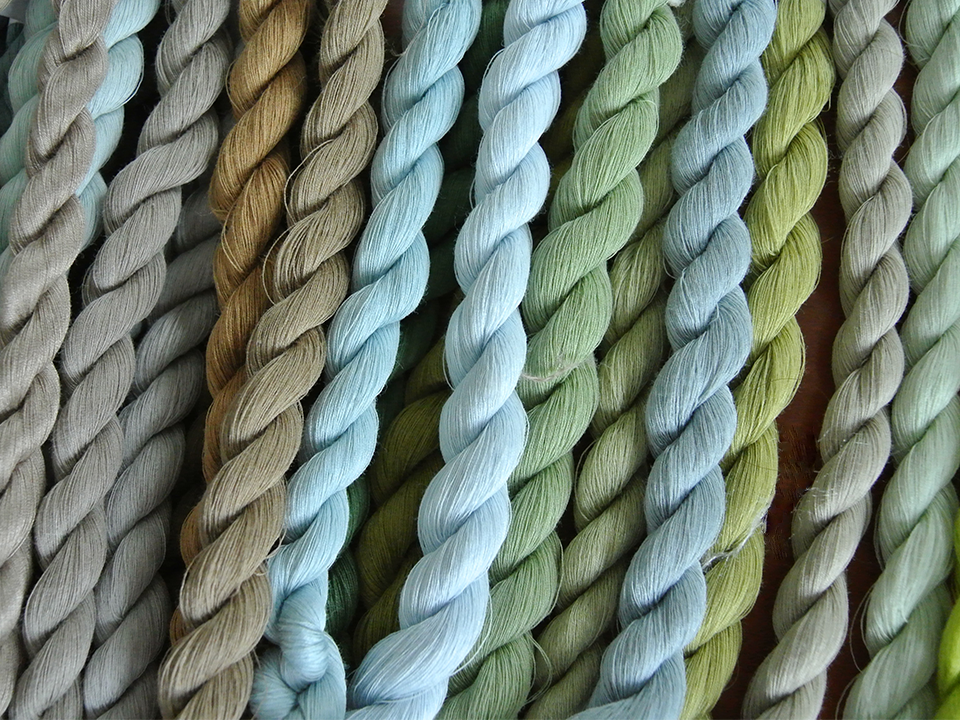
Choosing Green Sheets
20 March 2016
There is nothing to compare with the feeling of slipping into a cocoon of freshly made luxurious bed sheets after a long day. Sheets that not only elevate your senses, but most importantly, elevate your wellbeing and promote a deep and healthy sleep.
For many years now there has been little consciousness in our culture regarding the chemicals used in the production of our furnishings, and their impact on the environment and our bodies. Residues of chemicals that were initially designed to destroy living matter are frequently found in the fabrics we use in our daily lives.
This is why we believe that when choosing the right bed linen for you, the first question you should ask is, “How green are the sheets?”
For many years now there has been little consciousness in our culture regarding the chemicals used in the production of our furnishings, and their impact on the environment and our bodies. Residues of chemicals that were initially designed to destroy living matter are frequently found in the fabrics we use in our daily lives.
This is why we believe that when choosing the right bed linen for you, the first question you should ask is, “How green are the sheets?”
Natural doesn’t equal organic.
A fabric made of natural fibres means that it was made using non-synthetic yarns, such as cotton, silk, wool or flax. Choosing natural fibres doesn’t necessary mean an eco-friendly choice, though. Cotton is one of the most popular choices when it comes to bed sheets; but sadly, non-organic cotton production uses more chemicals than any other crop, making it the world’s dirtiest commodity.
Organic cotton doesn’t equal organic fabric.
A fabric labelled as “made of organic cotton” simply means that the cotton used was grown to an organic standard. It does not imply approval of the processing steps required to produce the fabric from the cotton fibre. Those steps could include the use of toxic chemicals, such as chlorine, formaldehyde, heavy metals, and many others. An “organic fabric” label means both the fibre and the fabric processing adhere to an organic standard.
Organic fabric doesn’t equal organic sheets.
When choosing to buy organic sheets, the most reliable source to trust is a third-party certification. There are a few global certification agencies that allow products to carry the organic label, and most of them certify the fabric only. You can choose to have sheets made of organic fabric; or you can choose to have the entire supply chain of your sheets certified, starting from the farming of the fibre, through production, processing and packaging, to distribution. Our sheets are made in line with the Global Organic Textile Standard (GOTS), which is considered to be the gold standard in organic textile certification. Not only does GOTS ensure that the fabric is farmed and processed to the highest organic criteria, but it also requires that production units have waste-water systems, the employers comply with ethical criteria, and the packaging and transport systems meet sustainable guidelines.

